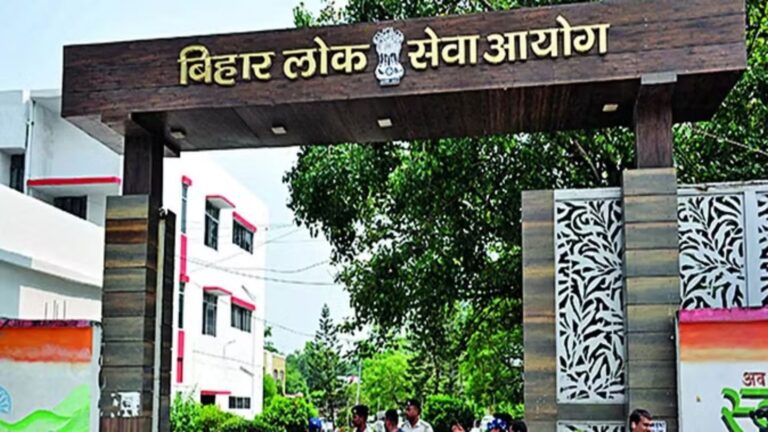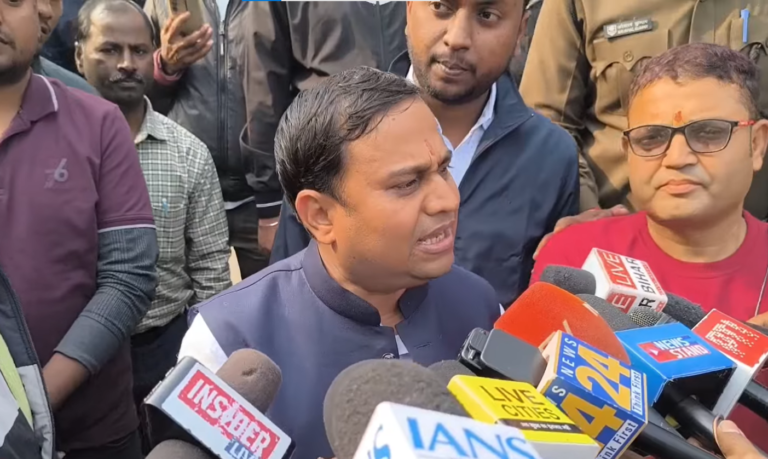
As 2024 draws to a close, a surprising announcement by The Economist has stirred international debates and controversies. Bangladesh has been declared Country of the Year by this renowned UK-based publication. This decision has sparked widespread reactions, with many Indians and international observers labeling it as the “Joke of the Year.” Let’s dive deeper into the context, rationale, and criticism surrounding this announcement.
The Basis for the Award
The Economist claims that the title of “Country of the Year” is awarded to the nation showing the greatest improvement in various aspects over the past year. These improvements are broadly defined and can encompass political stability, economic growth, social reforms, or advancements in governance. For Bangladesh, the magazine highlighted its perceived strides in development, resilience, and governance.
However, critics argue that the criteria for this recognition remain vague, leading to skepticism about its credibility. Unlike specific awards that measure growth metrics like GDP or human development indices, this designation appears subjective and controversial. Critics also argued that Bangladesh has become worst country for minorities in last 5 months.
A Country in Crisis?
Many Indian diplomats, analysts, and citizens have pointed out contradictions in the narrative surrounding Bangladesh’s recognition. India’s former ambassadors, including respected diplomats like Kanwal Sibal, have expressed dismay over the decision. Here are some key arguments raised by critics:
- Political Instability:
In 2024, Bangladesh experienced significant political upheaval. Prime Minister Sheikh Hasina faced mounting international pressure, while opposition leader Mohammad Yusuf rose to power in a transition that many deemed undemocratic. With elections postponed, concerns over the erosion of democratic norms have grown. - Food Security Issues:
Bangladesh is grappling with an impending food crisis. Historically dependent on rice imports from Myanmar, the country’s supply chain has been disrupted due to conflicts along the Myanmar-Bangladesh border. Consequently, Bangladesh has increasingly relied on discounted rice imports from India, raising questions about its food security. - Radicalization and Safety of Minorities:
Reports of radicalization and persecution of minorities, especially Hindus, have drawn international criticism. Analysts argue that these issues remain unaddressed by Bangladesh’s government, further challenging its suitability for such recognition. - Economic Woes:
Although Bangladesh’s economy was once hailed as a rising star in South Asia, recent years have seen challenges, including currency devaluation and rising inflation. Critics argue that these economic difficulties undermine claims of significant improvement.
Hypocrisy of Western Media
Indian policymakers and foreign affairs experts have also raised concerns about Western bias. According to them, Western media outlets, including The Economist, often promote narratives that align with their geopolitical interests rather than ground realities. Some argue that the recognition of Bangladesh as “Country of the Year” is an attempt to counterbalance India’s growing global influence, given its strategic importance in the region.
Furthermore, analysts have compared the current situation in Bangladesh to Pakistan’s history of unchecked radicalization, where Western powers failed to intervene until their interests were directly impacted. A similar pattern of ignoring growing instability seems to be unfolding in Bangladesh.
Also Read: Bangladesh-Myanmar Border Issue: A Comprehensive Analysis
Public Reaction
In India, the announcement has been met with ridicule. Social media platforms are flooded with memes and discussions branding this award as a mockery. Many Indians have questioned why countries like India, which achieved remarkable milestones in space exploration and economic growth, were overlooked.
Also Read: Terrorist Abdul Salam Pintu: Bangladesh Frees Minister Linked to Anti-India Terror Attacks
The Bigger Picture
While the recognition may seem far-fetched to some, it sheds light on a broader narrative about Bangladesh’s potential. As a nation striving to overcome challenges, Bangladesh does have success stories in the past, including advancements in textiles and microfinance. However, these achievements are overshadowed by its pressing domestic and geopolitical issues after fall of Sheikh Hasina’s Government.
What Lies Ahead?
As Bangladesh continues to navigate its challenges, it remains to be seen how “Country of the Year” recognition will influence its international image and domestic policies. Meanwhile, India and other neighboring countries must carefully monitor the situation, given the interconnectedness of regional stability.
What’s your opinion on this? Do you agree with The Economist’s decision to crown Bangladesh as the “Country of the Year”? Share your thoughts in the comments!
Also Read: Minorities Attacked Once Again in Bangladesh: 17 Christian Houses Burnt
Disclaimer:
This article is based on publicly available information and opinions shared by experts and commentators. The analysis aims to provide an objective overview of the topic and does not reflect any personal biases.
Follow US




